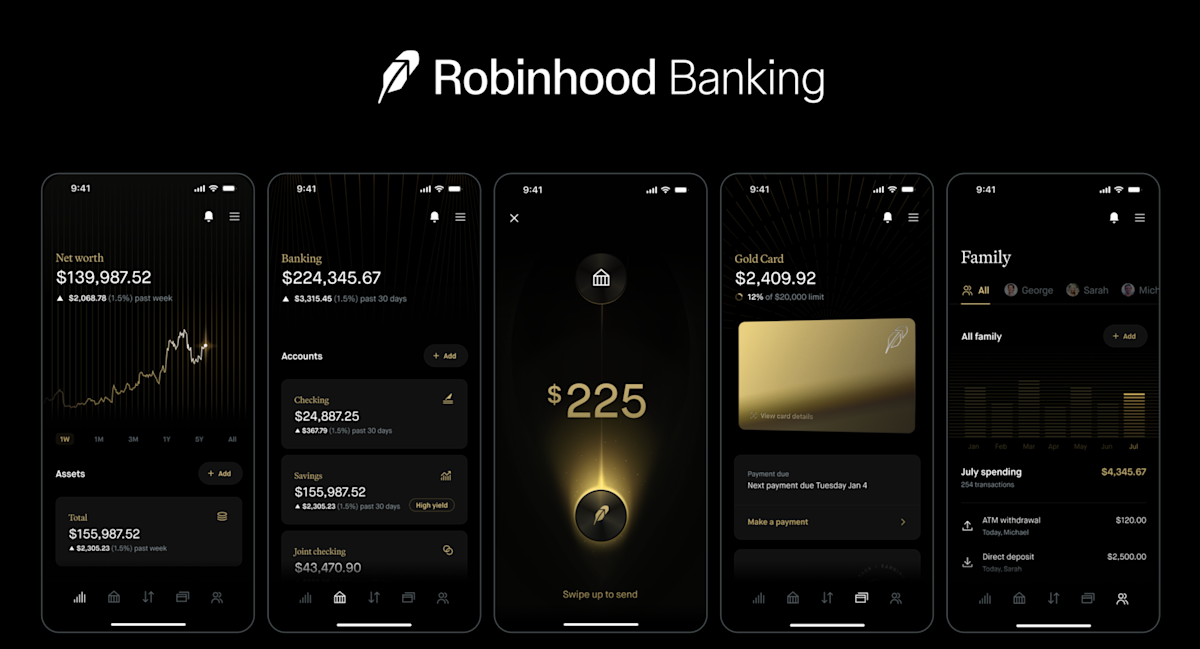Wall Street Showdown: Robinhood Challenges Banking Giants in High-Stakes Financial Duel

Robinhood's Vlad Tenev is setting his sights on disrupting traditional banking, bringing the same innovative spirit that revolutionized stock trading to the world of personal finance. The company's co-founder and CEO is looking to expand Robinhood's reach beyond its popular trading platform, targeting customers who have long been underserved by conventional banking institutions.
Leveraging the company's tech-driven approach, Tenev aims to create a more accessible and user-friendly banking experience that resonates with younger, digitally-savvy consumers. This strategic move comes as Robinhood continues to seek new ways to grow and diversify its financial services offerings.
The initiative represents a bold next step for the fintech company, which has already transformed how millions of people approach investing. By challenging traditional banking models, Robinhood hopes to provide more transparent, affordable, and intuitive financial solutions that appeal to a new generation of customers looking for alternatives to legacy banking systems.
While details are still emerging, the move signals Robinhood's ambition to become a comprehensive financial platform that goes far beyond its original stock trading roots. Tenev's vision appears to be creating a more integrated and user-friendly approach to personal finance that could potentially reshape how people manage their money.
